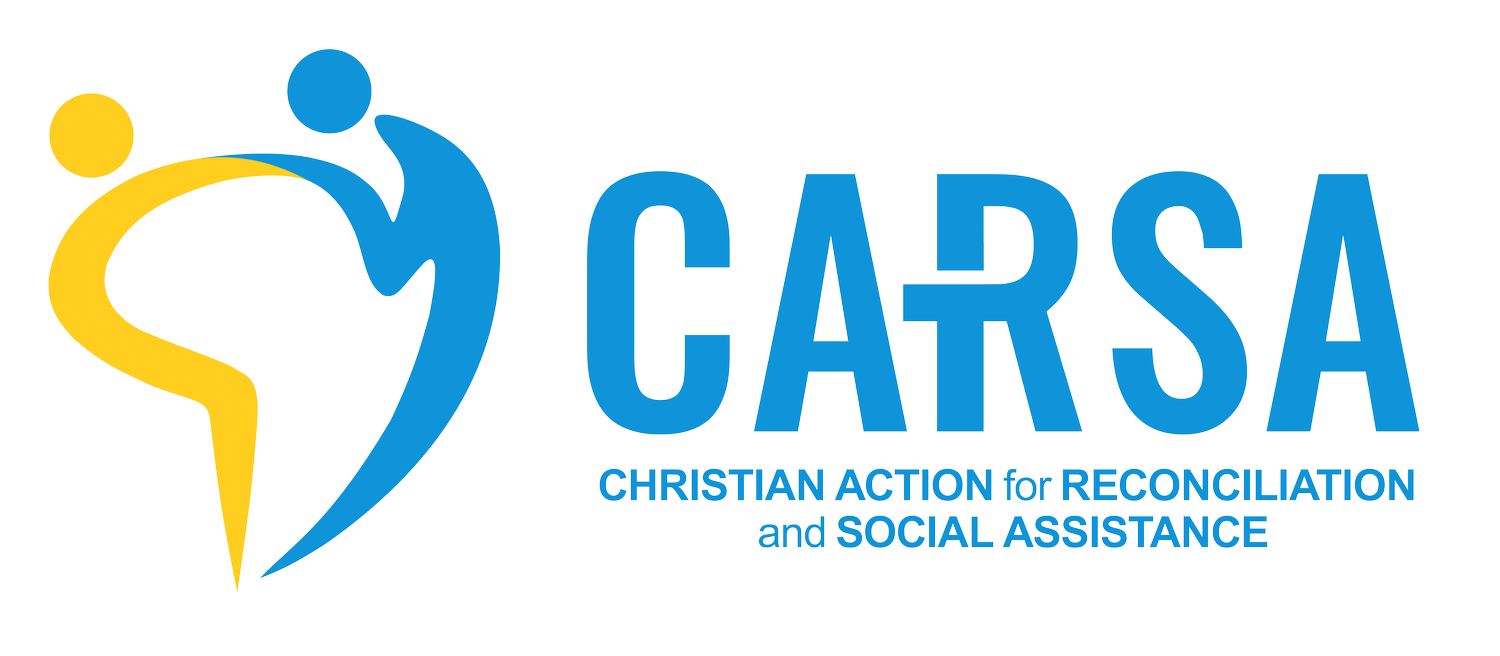Youth Empowerment
To build sustainable peace, raising a generation of creative and history-informed young people is essential. The key to long-lasting change is a legacy strategy that
allows the sewn seeds to continue being reaped long after one’s time on Earth has ended. CARSA is diligent about nourishing the bodies, minds, and souls of the kids
in our various youth programs. Our goal is to inspire them to take thoughtful risks and learn to stand up for their beliefs while also providing the tools and support
necessary to jump into those challenges.
Much like our trauma recovery ministry philosophy, our approach to youth empowerment seeks to educate and nourish every aspect of the young people we
serve as they grow into stable, well-rounded adults.
-
Life skills and Vocational Training
CARSA is committed to providing sustainable solutions to the social problems stemming from poverty. Self-development is crucial to achieving this. By giving people training, skills, and trades, we are giving them power—the power to take control and change their lives forever.
Life-skills training encompasses practical approaches and hands-on learning. These skills empower trainees, build confidence, and enable them to gain employment.
Each training course is accompanied by a certificate upon completion and work placement opportunities as a stepping stone for trainees to enter the wider workforce. This program ensures they can earn a wage, breaking the cyclical poverty trap they were born into.

-
Educational Sponsorship Program-ESP
As Mandela said, “Education is the most powerful weapon you can use to change the world.”
Education sponsorship exists to release children and families from poverty and empower individuals to learn. Sponsorship is designed to support children and families for whom education support is the key intervention and need. Celebrating when students receive a certificate for completing primary and secondary education is only the first step. The goal is to see students graduate and go on to further study or training that increases employability. We aspire for all participants to earn a sustainable income. We are excited to see students grow into confident, mature adults with strong values and the ability to learn and think for themselves, having a positive impact on their families and communities.

-
Entrepreneurship and computer literacy
The program is intended to equip young women and men to gain relevant entrepreneurial skills and foster a network ecosystem of support for young leaders. We help participants up-skill and get hands-on experience to prepare them for the digital workforce, and harness the power of the internet.
We empower vulnerable families socially, mentally, spiritually, and economically. They will be able to access basic life opportunities, basic needs, and primary health care services, as well as make decisions for small investments. All these enable families to reach sustainability

